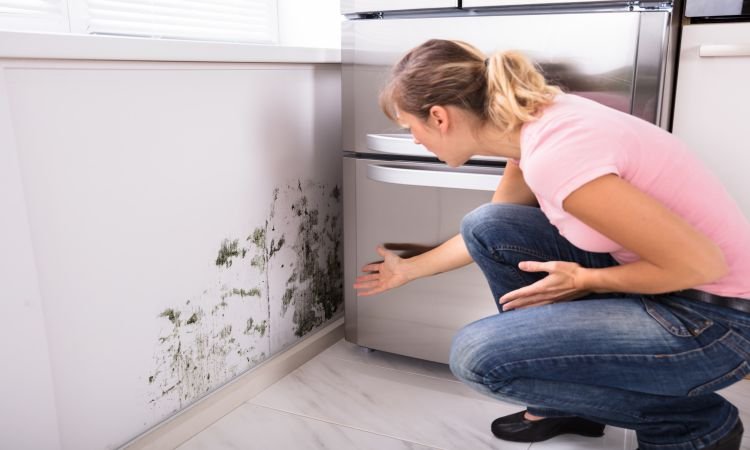 When it comes to ensuring the health and safety of your home or business, mold testing is an important step that should not be overlooked.
When it comes to ensuring the health and safety of your home or business, mold testing is an important step that should not be overlooked.
Failing to inspect for the presence of mold can expose you and your family to serious health hazards, from respiratory issues to allergic reactions.
Professional mold testing provides a quick and accurate way to identify any problem areas on your property so they can be effectively addressed before they become more serious.
Read on for an overview of what you need to know about using professional mold testing services in order to keep everyone who visits or lives in your building safe.
Identifying Common Types of Mold and Their Effects
Mold is a commonly found organism that thrives in damp and humid areas. While some molds are harmless, others can pose serious health risks to individuals.
Identifying common types of mold and their effects is crucial to preventing the spread of these harmful molds. Stachybotrys chartarum, also known as “black mold,” can cause respiratory problems and even neurological symptoms in some individuals.
Alternaria is another common type of mold that can cause allergic reactions and asthma attacks. Aspergillus is a mold that can be found in some foods and can cause serious infections in individuals with weakened immune systems.
By familiarizing ourselves with the common types of mold and their effects, we can take proactive steps to eliminate them and create a safer environment for ourselves and others.
Health Risks Associated with Exposure to Mold
Exposure to mold may seem like a minor concern for some, but it can actually pose serious health risks. Mold is a kind of fungus that thrives in moist, warm places like restrooms, basements, and kitchens.
When mold spores are present in the air and are inhaled, they can cause respiratory problems like coughing and wheezing, as well as irritation of the eyes, nose, and throat. In some cases, exposure to mold can also cause allergic reactions such as skin rashes, headaches, and fever.
It’s important to take mold growth seriously and have it properly removed from your home to avoid potential health hazards.
How Professional Mold Testing Works
Mold is a common problem in many homes, and if not dealt with promptly, it can pose health risks to those living in the affected spaces. This is where professional mold testing comes in.
Mold testing professionals typically carry out an initial visual inspection of the affected area, followed by air sampling and surface sampling to determine the severity of the mold problem.
The samples are then sent to a laboratory to be analyzed, and a report is generated detailing the type of mold present and its concentration levels.
Armed with this information, the mold testing professional can recommend suitable remediation measures to help individuals dealing with mold problems breathe easier once again.
If you suspect that your home may have a mold problem, it’s time to engage the services of professional mold testers to help deal with the problem effectively.
The Benefits of Having Professional Mold Tests Performed
Mold is a common problem in many households, and it can have serious consequences if left untreated. That’s why it’s important to have professional mold tests performed.
These tests are designed to identify the type of mold present in your home as well as the extent of the infestation. This information can be used to develop a targeted plan of action that will eliminate the mold and prevent it from returning.
The benefits of having professional mold tests performed are many, including improved indoor air quality, better overall health, and increased peace of mind.
What Are the Costs Involved in Professional Mold Testing?
When it comes to mold testing, there are various costs involved. Professional mold testing can provide you with a comprehensive analysis of the extent of mold growth and identify the type of mold present in your space.
Generally, the cost of mold testing depends on the size of the area to be tested, the number of samples required, and the type of testing method. It is usually recommended to test the air quality and surface samples, which can increase costs.
Additionally, if the mold growth is severe and requires a more detailed inspection, the cost may increase further. However, the benefits of professional mold testing outweigh the costs, as identifying and eliminating the problem at an earlier stage can prevent further damage to your property and protect your health.
In conclusion, it is important for homeowners to have their homes professionally tested for mold. Recognizing and understanding these benefits can help individuals decide whether having a layer of protection against mold with professional mold testing is worth investing in.




